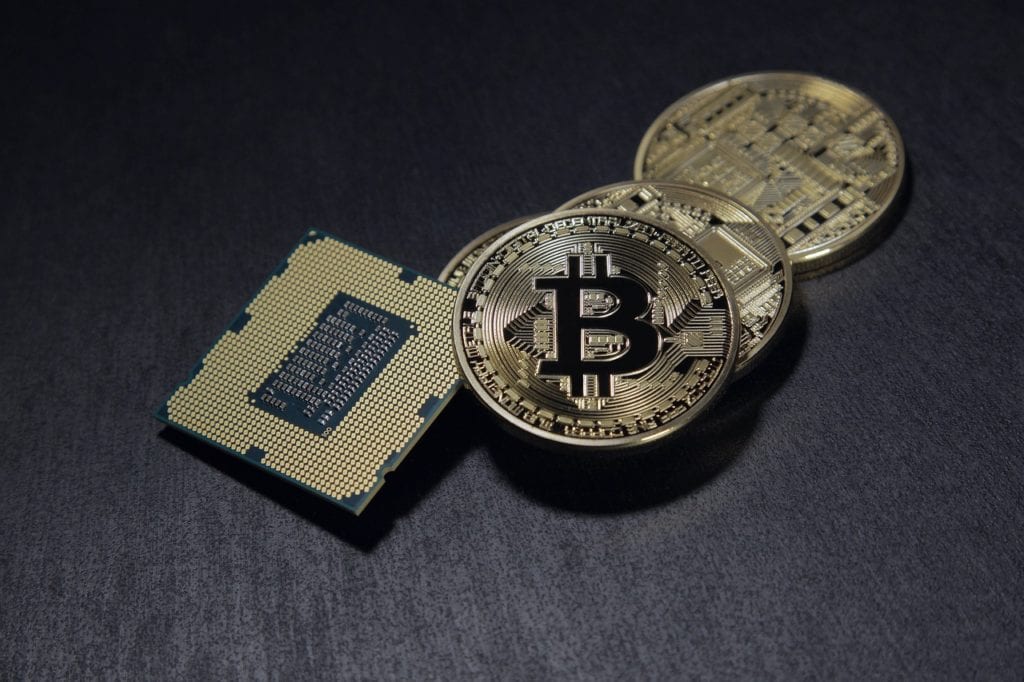 On December 28, 2017, I published my first piece on the Bitcoin bubble, titled The Great Bitcoin Scam. Bitcoin was trading at $15,433.73. Occasionally, swings of 10% or more occur every few hours. Being a bitcoin (BTC) investor might be an uphill battle. The enormous price swings connected with bitcoin and the broader world of cryptocurrencies have meant that many investors have lost money due to sharp pullbacks and drastically shifting processes despite the currency’s new all-time highs over the last year. Visit bit-trader.io.
On December 28, 2017, I published my first piece on the Bitcoin bubble, titled The Great Bitcoin Scam. Bitcoin was trading at $15,433.73. Occasionally, swings of 10% or more occur every few hours. Being a bitcoin (BTC) investor might be an uphill battle. The enormous price swings connected with bitcoin and the broader world of cryptocurrencies have meant that many investors have lost money due to sharp pullbacks and drastically shifting processes despite the currency’s new all-time highs over the last year. Visit bit-trader.io.
The Cryptocurrency Bubble Has Only Recently Begun To Burst
Although some of us predicted it at the time, it is now abundantly evident that investments in cryptocurrency had built a massive bubble. Contrary to common belief, economic bubbles do not burst completely in a single day, as a balloon does, but rather take many months to deflate altogether. Similarly, the dot-com (or, more precisely, dot-con) crash that began in the spring of 2000 did not reach its zenith until over a year later. Indeed, even the notorious Tulip Bulb Bubble of 1637 took several months to deflate completely.
A Market That Is Heavily Sentimental
While there is an increasing number of bitcoin applications, no defined value is assigned to bitcoin pricing. As a result, the movement of the currency is more subject to sentiment and story.
In 2021, we’ve already seen the power of feeling wreak havoc on traditional stock markets. In January, the GameStop (GME) short squeeze was triggered by a group of retail investors banding together via social media to buy a particular stock to enhance its price collectively.
Although retail investors dominate this ecosystem, institutional capital is beginning to dip into these online discussions to measure mood. It is now typical to see established news outlets speculate on the next “meme stock” surge.
Entrepreneurial Experience
Another significant element contributing to the volatility of bitcoin prices and the rest of the crypto market is the investor profile of those involved in the business. Unlike some more established markets (think real estate), bitcoin has substantially lower entry hurdles. In this manner, anyone with an internet connection can jump in and start trading.
This generated a pool of funds into which individual investors could begin investing. According to the Fidelity research, there will be 26 million retail accounts in 2020, increasing 17% from 2019, while daily trade volume will reach $1 trillion “obliterated.
Speculation
Speculation is the lifeblood of the bitcoin market. To profit, investors wager on whether prices will rise or fall. These speculative bets result in an unexpected inflow of funds or outflow, resulting in significant volatility.
Bitcoin Does Not Have a Fundamental Price to Rely On
Stock market crashes never reach zero because market fundamentals eventually take over, and investors can return on their investments. Consider Microsoft shares, which fell from a peak of 39.264 in December 1999 to a low of 14.589 in December 2000 during the dot-com bust. At some time, investors recognized that Microsoft would survive and that Microsoft would continue to pay dividends to investors, ensuring that they would eventually receive not only their investment back but also a reasonable return. Contrast Microsoft in 2000 with Lehman Brothers in 2008, when its mortgage-backed securities products so leveraged the latter that it became bankrupt and offered new investors no chance of recovering their capital, let alone earning a profit.
Panic, not pause, is the result of bad news.
The abbreviation FUD – fear, uncertainty, and doubt – is used in various contexts and adopted by the bitcoin community to refer to what advocates believe is a deliberate distribution of misinformation. There is no shortage of headlines around bitcoin’s extraordinary price changes. Investors were shaken by stories such as Mt. Gox’s bankruptcy in 2014 and Yapian Youbit’s bankruptcy in 2017. The well-documented usage of bitcoin in drug sales via Silk Road resulted in the marketplace’s October 2013 takedown by the FBI.
Despite this, experienced cryptocurrency investors concluded that such anecdotes indicated that the market had matured past its tumultuous embryonic years. According to them, as bitcoin evolves, unsecure exchanges and unethical behaviors in the market will be eradicated. This, the idea goes, aided in developing a stronger sentiment, which pushed the price of bitcoin higher in the long run.

